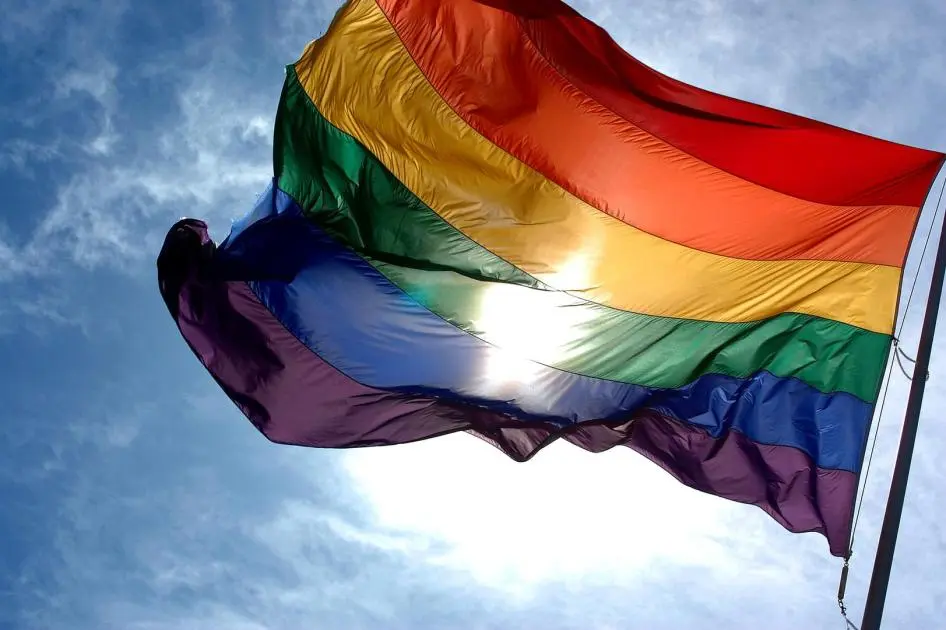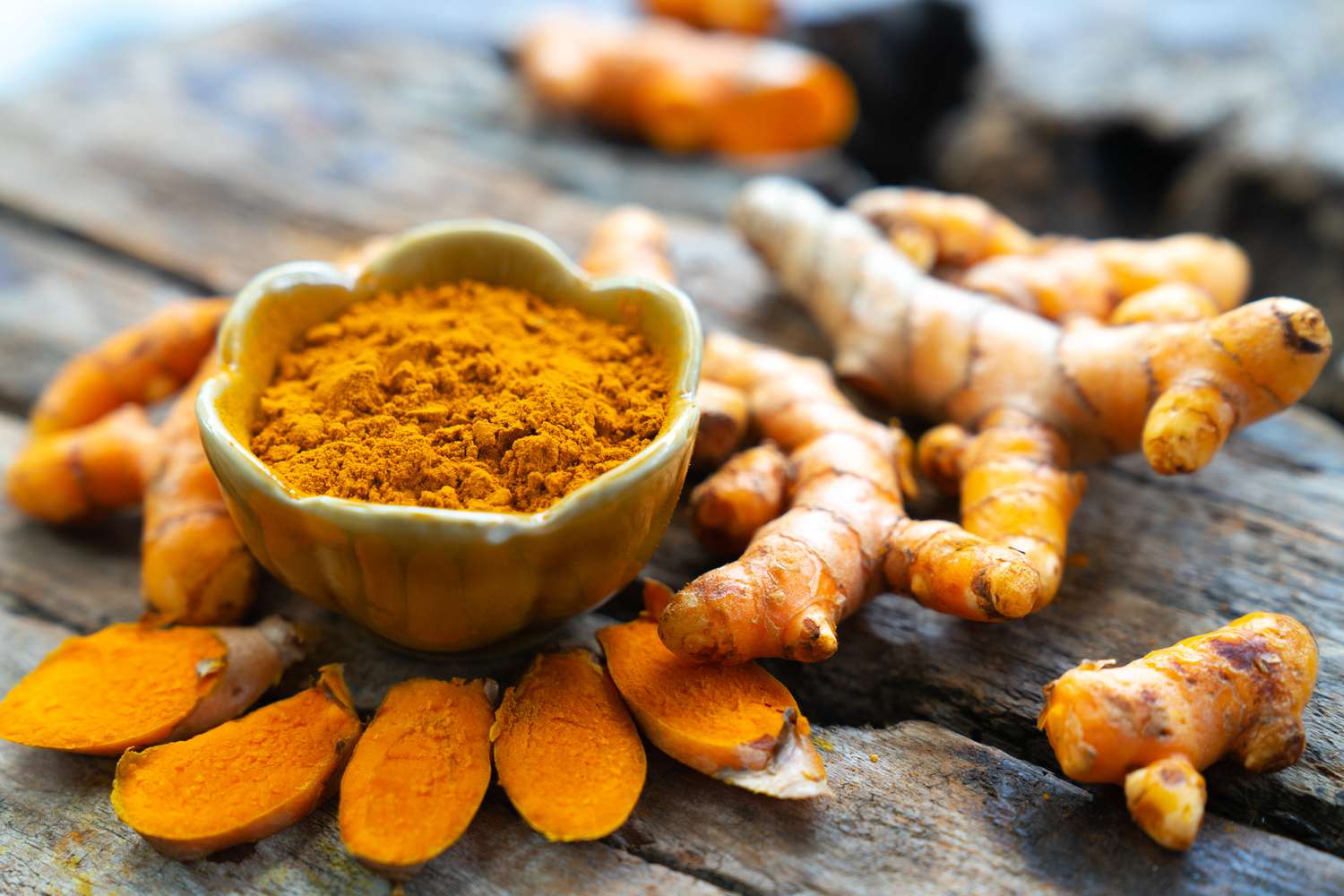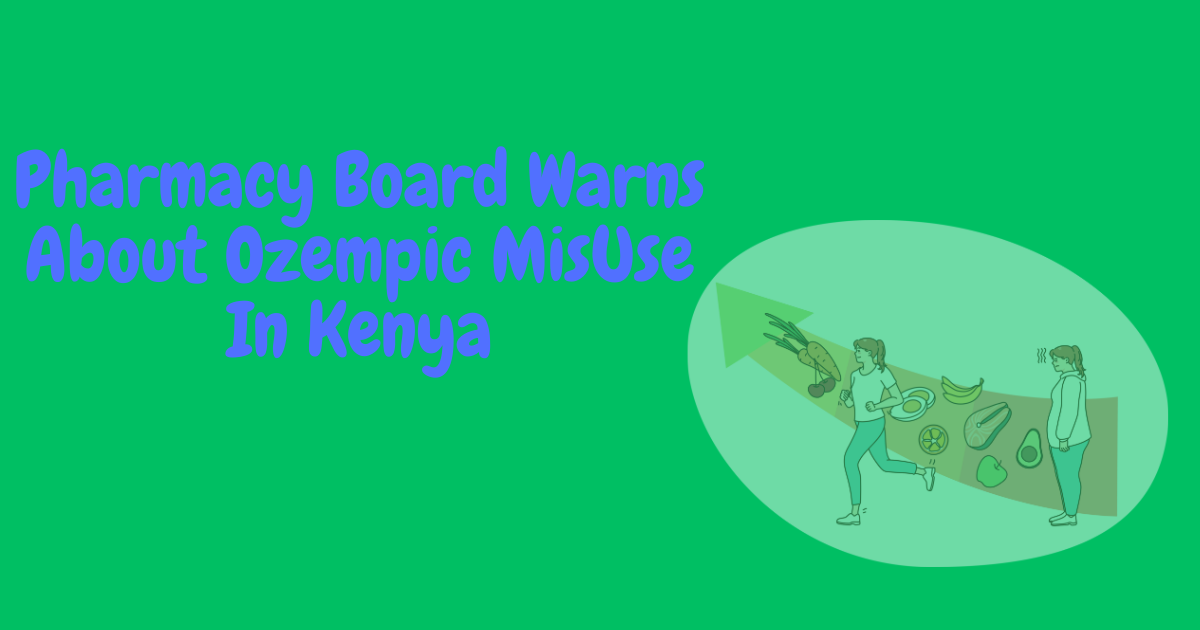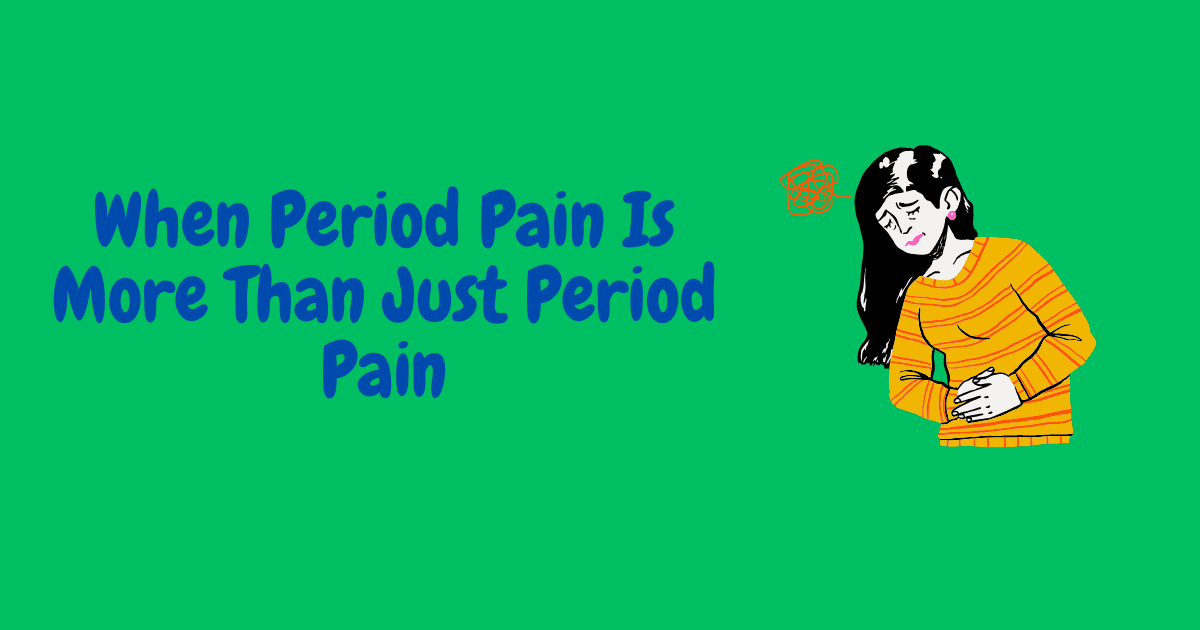The state of LGBTQ+ rights in Kenya in 2025 is defined by a deep and often volatile contradiction. On one hand, the country’s judiciary has provided crucial, albeit incremental, wins for the community. On the other, deeply entrenched social conservatism and ongoing legislative attacks continue to pose significant threats. The battle for equality is being fought on multiple fronts, from the courts to the streets, with LGBTQ+ Kenyans and their allies working tirelessly for a more inclusive future.
In a Nutshell
ToggleLegal Contradictions: Wins in Court, Losses in Law
At the heart of Kenya’s contradictory stance are its laws. Colonial-era sections of the Penal Code (specifically Sections 162 and 165) criminalize “carnal knowledge against the order of nature” and “gross indecency between males,” with penalties of up to 14 years in prison. While prosecutions are rare, these laws are a constant tool for police harassment, extortion, and violence against LGBTQ+ individuals.
However, the Kenyan judiciary has recently offered glimmers of hope. In a landmark 2023 ruling, the Supreme Court upheld the right of the National Gay and Lesbian Human Rights Commission (NGLHRC) to register as a non-governmental organization. This was a monumental victory for freedom of association, as the court affirmed that the right to form an association is inherent to everyone, regardless of their sexual orientation. This ruling has been a crucial legal precedent, used by activists to secure other victories, such as a recent Mombasa court order that temporarily restricted anti-LGBTQ+ activists from inciting violence. The judiciary has also made important rulings against the use of forced anal examinations, deeming them unconstitutional and a violation of human dignity.
Despite these judicial wins, the legislative branch has moved in the opposite direction. There is a proposed “Family Protection Bill” that seeks to further criminalize LGBTQ+ people, with severe punishments including a minimum of 10 years in prison for consensual same-sex sexual activity and, in some cases, even the death penalty for “aggravated homosexuality.” The bill also aims to silence activists by penalizing activities that are intended to change public opinion on LGBTQ+ rights.
A Divide in Public Opinion and Political Will
Kenyan society remains largely conservative, with a strong opposition to LGBTQ+ rights. This sentiment is often fueled by political and religious leaders who use homophobic rhetoric to rally support. Recent surveys indicate that the vast majority of Kenyans are opposed to same-sex marriage and would not be comfortable having LGBTQ+ people as neighbors. This widespread social stigma contributes to a climate of fear, discrimination, and violence.
However, a shift in political discourse is slowly emerging. While Kenya’s legal position on homosexuality is clear, the country has also taken some surprisingly progressive stances on the international stage. In a notable move, Kenya voted in favor of renewing the UN’s mandate for an independent expert on sexual orientation and gender identity. This is in stark contrast to its neighbors, particularly Uganda, which has passed a draconian Anti-Homosexuality Act. This decision suggests a nuanced and, at times, contradictory approach from the Kenyan government—one that balances domestic political pressures with a desire to engage with international human rights frameworks.
The Role of Activism and Advocacy
The fight for LGBTQ+ rights in Kenya is largely led by a small but resilient network of activists and organizations. Groups like the NGLHRC, Gay and Lesbian Coalition of Kenya (GALCK+), and others are at the forefront of this struggle. They are engaged in:
- Strategic Litigation: Challenging discriminatory laws and policies in court to create new legal precedents.
- Community Support: Providing essential services like mental health counseling, safe spaces, and legal aid to a community that is often at risk.
- Advocacy and Education: Working to counter disinformation and raise awareness about human rights issues.
These organizations are operating in a restrictive and often dangerous environment. They face constant threats, and their work is under scrutiny from both the public and political figures. Yet, they are a vital lifeline for the community and a beacon of hope for a future where all Kenyans, regardless of their sexual orientation or gender identity, can live with dignity and safety.
Related posts:
- Standing Against the Cut: Kenya’s Journey to End FGM
- The Ozempic Obsession: Why Kenya’s Latest Weight Loss Trend Is More Dangerous Than You Think
- Beat the August Sniffles: How Cetirizine Can Help This Cold Season
- Kenya Takes the Lead: Strengthening Local Vaccine Manufacturing for Regional Health Security












Leave a Reply